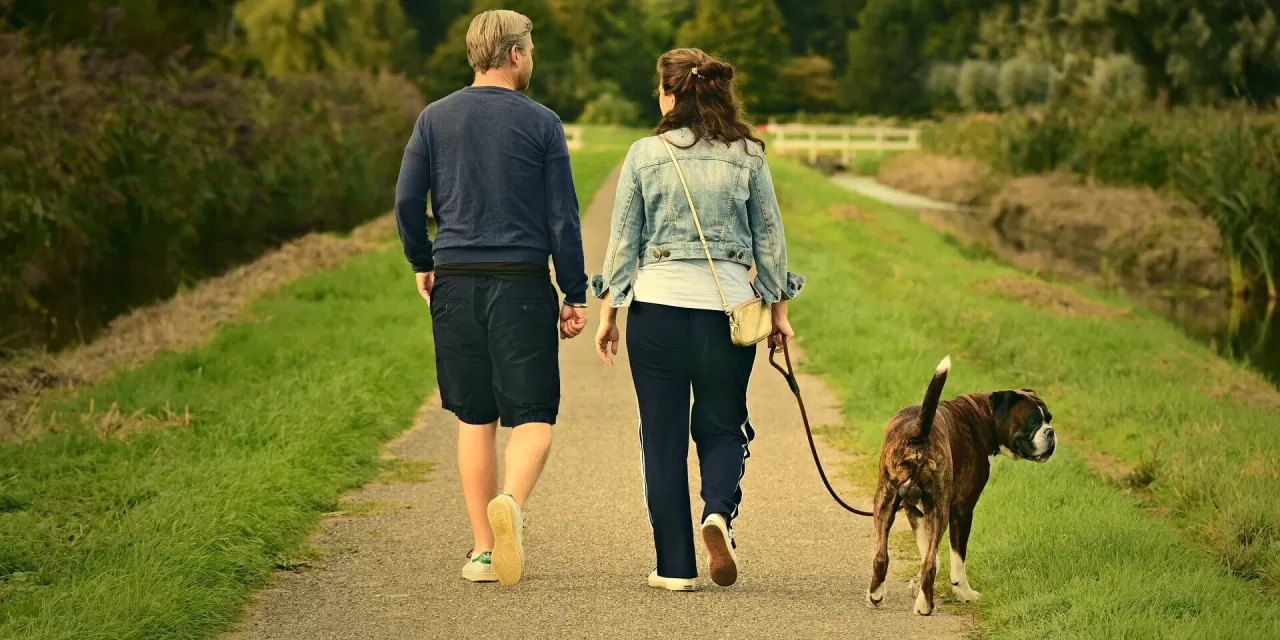You don’t need to embark on extreme diets or grueling workout routines to boost your mental and physical health. Instead, consider the research-backed 20-5-3 rule, a simple and effective approach to improving well-being through time spent outdoors. Developed by neuroscientist Rachel Hopman from Northeastern University, this method emphasizes manageable steps that lead to significant rewards.
20 Minutes, Three Times a Week
The first step of the 20-5-3 rule encourages spending at least 20 minutes outdoors, three times a week. Research from the University of Michigan highlights that this amount of time is key to lowering cortisol, the body’s primary stress hormone. Even better, you don’t need to engage in intense physical activity—just sit or stroll in a natural setting, enjoying sunlight and greenery.
However, the key to making this time truly restorative is disconnecting from distractions. Dr. MaryCarol Hunter, lead author of the Michigan study, emphasizes that during these outdoor moments, it’s crucial to avoid aerobic exercise, social media, phone calls, or reading. Think of it as a mini escape, designed to reset your stress levels and help you feel grounded in the present.
Five Hours a Month
For an even deeper mental reset, aim to spend five hours a month in semi-wild spaces such as state parks. Hopman points out that these environments offer greater relaxation compared to urban parks. Finnish researchers agree, noting that the organic “chaos” of wilder settings can replenish cognitive resources and promote a sense of calm. These spaces help our brains recover from the demands of daily life and foster a more tranquil state of mind.
Three Days Annually
The final step in the 20-5-3 rule recommends spending three days annually in nature. Prolonged exposure to wild landscapes has been shown to activate alpha brain waves—those associated with meditation, creativity, and deep relaxation. A study even found that a four-day wilderness retreat can reduce PTSD symptoms by 29% and stress by 21%, with the positive effects lingering for weeks afterward.
So the next time you feel the need to reset, consider stepping outside for a quick lunchtime walk or plan a weekend in the woods. With the 20-5-3 rule, the path to greater well-being is free, accessible, and right at your doorstep.












